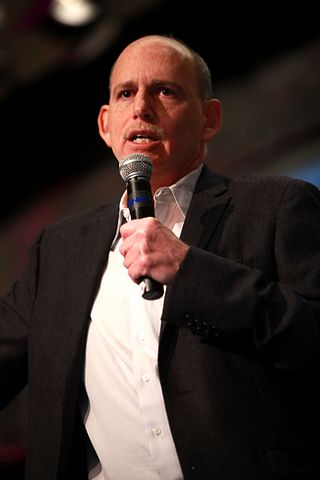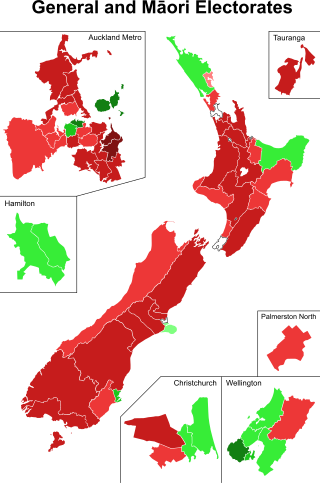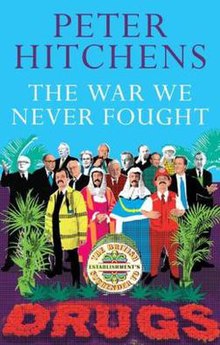
The prohibition of drugs through sumptuary legislation or religious law is a common means of attempting to prevent the recreational use of certain intoxicating substances.

The legality of cannabis for medical and recreational use varies by country, in terms of its possession, distribution, and cultivation, and how it can be consumed and what medical conditions it can be used for. These policies in most countries are regulated by three United Nations treaties: the 1961 Single Convention on Narcotic Drugs, the 1971 Convention on Psychotropic Substances, and the 1988 Convention Against Illicit Traffic in Narcotic Drugs and Psychotropic Substances. Since its descheduling in 2020, cannabis is classified as a Schedule I drug under the Single Convention treaty, meaning that signatories can allow medical use but that it is considered to be an addictive drug with a serious risk of abuse.

Peter Bruce Lilley, Baron Lilley, PC is a British politician and life peer who served as a cabinet minister in the governments of Margaret Thatcher and John Major. A member of the Conservative Party, he was Member of Parliament (MP) Hitchin and Harpenden from 1997 to 2017 and, prior to boundary changes, St Albans from 1983.

Peter Jonathan Hitchens is an English conservative author, broadcaster, journalist, and commentator. He writes for The Mail on Sunday and was a foreign correspondent reporting from both Moscow and Washington, D.C. Peter Hitchens has contributed to The Spectator, The American Conservative, The Guardian, First Things, Prospect, and the New Statesman. He has published numerous books, including The Abolition of Britain, The Rage Against God, The War We Never Fought and The Phoney Victory.
Commonly-cited arguments for and against the prohibition of drugs include the following:
Cannabis classification in the United Kingdom refers to the class of drugs, as determined by the Misuse of Drugs Act 1971, that cannabis is placed in. Between 1928 and 2004 and since 2009, it has been classified as a class B drug. From 2004 to 2009, it was a class C drug. At present, it is a class B, with very limited exceptions.

Ethan A. Nadelmann is the founder of the Drug Policy Alliance, a New York City-based non-profit organization working to end the War on Drugs. He is a supporter of the legalization of marijuana in America.

Drug liberalization is a drug policy process of decriminalizing or legalizing the use or sale of prohibited drugs. Variations of drug liberalization include: drug legalization, drug re-legalization and drug decriminalization. Proponents of drug liberalization may favor a regulatory regime for the production, marketing, and distribution of some or all currently illegal drugs in a manner analogous to that for alcohol, caffeine and tobacco.
Illicit drug use in Australia is the recreational use of prohibited drugs in Australia. Illicit drugs include illegal drugs, pharmaceutical drugs when used for non-medical purposes, and other substances used inappropriately. According to government and community organisations, the use and abuse, and the illegality, of illicit drugs is a social, health and legal issue that creates an annual illegal market estimated to be worth A$6.7 billion. Estimates made in 2022 place the figure at A$11.3 billion per year.

The use of cannabis in New Zealand is regulated by the Misuse of Drugs Act 1975, which makes unauthorised possession of any amount of cannabis a crime. Cannabis is the fourth-most widely used recreational drug in New Zealand, after caffeine, alcohol and tobacco, and the most widely used illicit drug. In 2001 a household survey revealed that 13.4% of New Zealanders aged 15–64 used cannabis. This ranked as the ninth-highest cannabis consumption level in the world.

Cannabis in the United Kingdom is illegal for recreational use and is classified as a Class B drug. In 2004, the United Kingdom made cannabis a Class C drug with less severe penalties, but it was moved back to Class B in 2009. Medical use of cannabis, when prescribed by a registered specialist doctor, was legalised in November 2018.

Cannabis is a plant used in Australia for recreational, medicinal and industrial purposes. In 2019, 36% of Australians over the age of fourteen years had used cannabis in their lifetime and 11.6% had used cannabis in the last 12 months.

Cannabis political parties are generally single-issue parties that exist to oppose the laws against cannabis.
Cannabis Law Reform (CLEAR), formerly the Legalise Cannabis Alliance, is a United Kingdom lobby group which campaigns to end the prohibition of cannabis. The group was founded in 1997 and reformed as CLEAR in 2011. It campaigned in a number of elections until it was statutorily de-registered by the Electoral Commission in November 2013.

Cannabis is legal in Uruguay, and is one of the most widely used drugs in the nation.

Drug Law Reform Australia was a political party in Australia. The were of the party are to create a new regulatory system for illegal drugs in Australia, and influence the political debate around drug use towards decriminalisation and harm minimisation. The party is the outshoot of community groups lobbying elected politicians about the social effects of criminal drug prohibition, such as the community group Family and Friends of Drug Law Reform.

Cannabis in France is illegal for personal use, but remains one of the most popular illegal drugs. Limited types of cannabis-derived products are permitted for medical uses.
Cannabis in Ireland is illegal for recreational purposes. Use for medical purposes requires case-by-case approval by the Minister for Health. A bill to legalise medical uses of cannabis passed second reading in Dáil Éireann in December 2016, but was rejected by the Oireachtas Health Committee in 2017.
Cannabis in Finland is illegal. The 50th chapter of the Criminal Code criminalises all dealings with illegal narcotics, including the production, import, transport, sale, possession and use of cannabis.

The 2020 New Zealand cannabis referendum was a non-binding referendum held on 17 October 2020 in conjunction with the 2020 general election and a euthanasia referendum, on the question of whether to legalise the sale, use, possession and production of recreational cannabis. It was rejected by New Zealand voters. The form of the referendum was a vote for or against the proposed "Cannabis Legalisation and Control Bill". Official results were released by the Electoral Commission on 6 November 2020 with 50.7% of voters opposing the legalisation and 48.4% in support.











